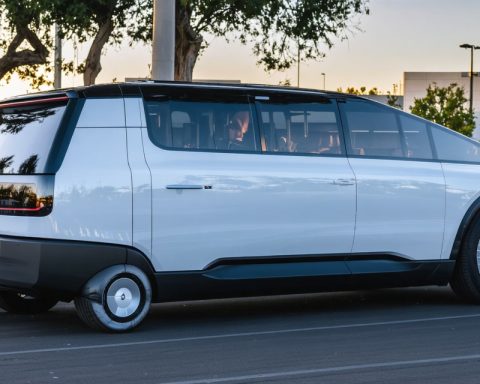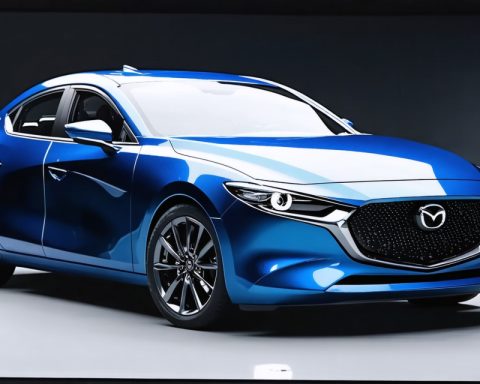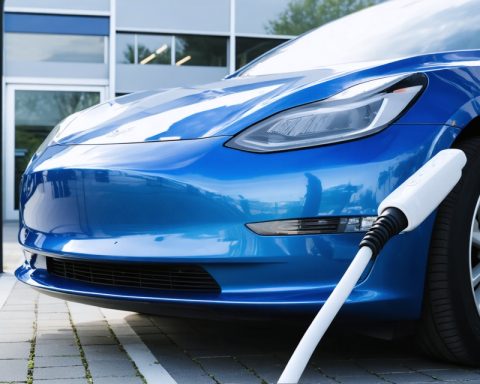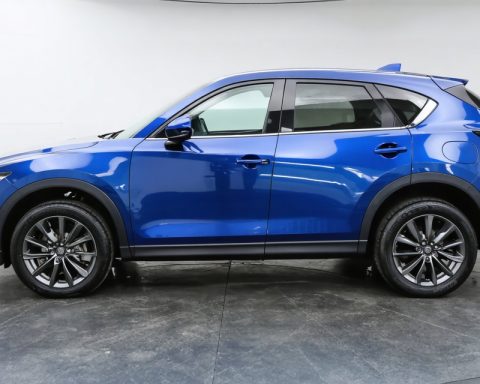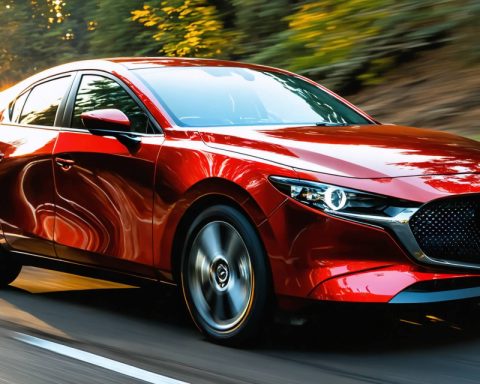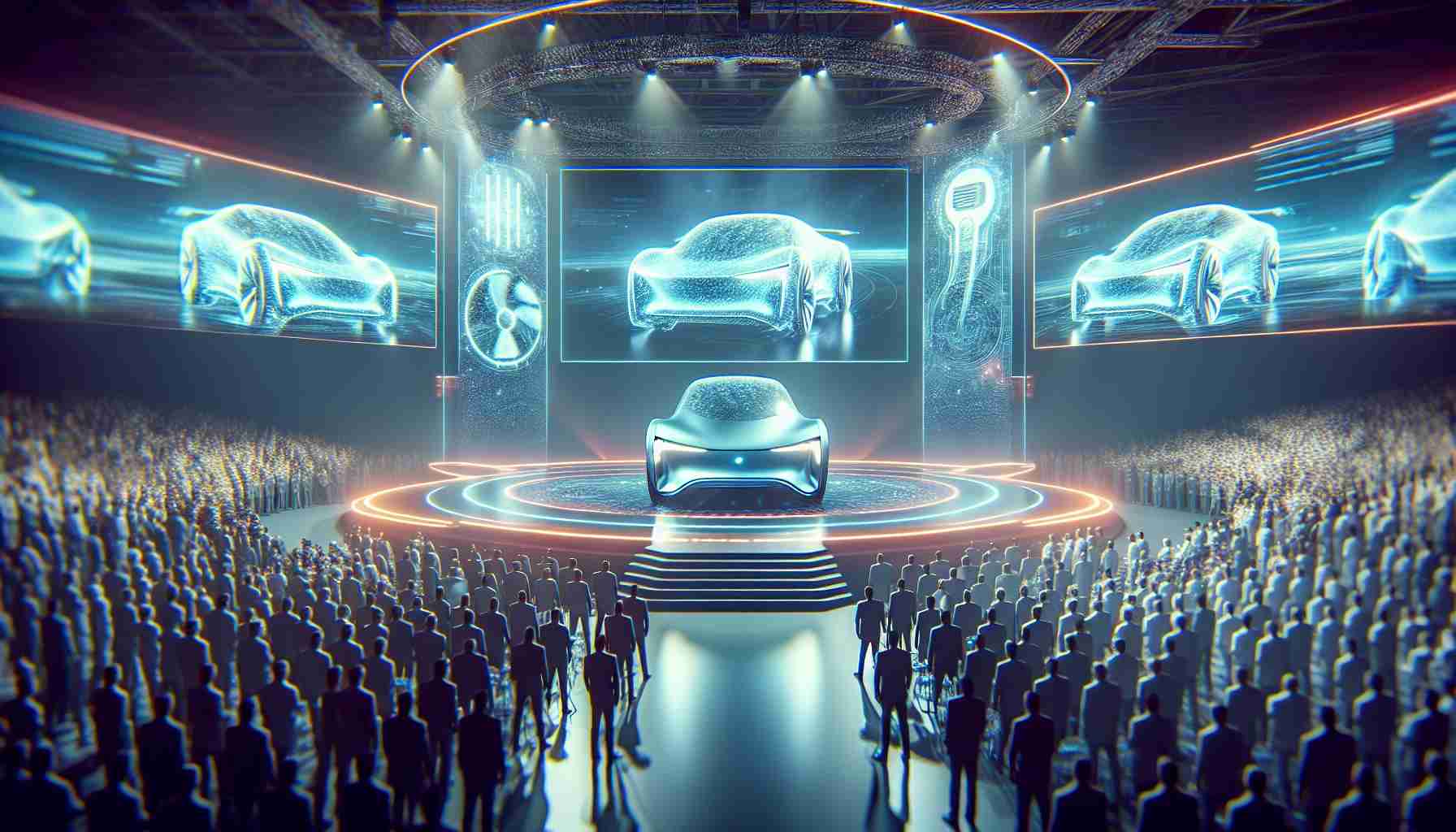- Nissan is expanding its North American lineup with innovative and diverse vehicles, enhancing its presence in the automotive market.
- The updated Nissan Leaf, inspired by the 2021 Chill-Out concept, features a more crossover-like design and adds a Tesla NACS port for enhanced compatibility and convenience.
- With advancements from the Ariya, the Leaf aims to compete with the upcoming Chevy Bolt EV, offering improved range, style, and pricing.
- By 2026, the Rogue will debut both hybrid and plug-in hybrid models, leveraging Mitsubishi Outlander PHEV technology to broaden hybrid accessibility.
- Nissan plans to refresh the Sentra sedan and Pathfinder SUV, with potential hybrid variations under consideration.
- Looking to 2028, Nissan will focus on producing an adventure-oriented SUV and launch an Infiniti EV, aligning with sustainable practices.
- Nissan’s strategy emphasizes eco-conscious design and thrilling driving experiences, setting the stage for a dynamic transition into future automotive innovation.
In a move that promises to energize the North American automotive market, Nissan is steering toward a future filled with innovation and variety. The Japanese automotive giant is making bold moves, especially in the United States, where it has revealed a line-up destined to excite car enthusiasts and environmentally conscious consumers alike.
The Nissan Leaf, a pioneer in the world of electric vehicles, is set to make its grand entrance first in the U.S. and Canada. Nissan has given the Leaf a new lease on life with a design heavily inspired by the 2021 Chill-Out concept, lending it a more daring, crossover-like profile. Adding to this allure, the next-generation Leaf will come equipped with a Tesla NACS port, promising convenience and compatibility for users. Expected to capitalize on the advancements seen in Nissan’s upscale Ariya, it will feature liquid cooling and enhanced technology, aiming to offer a compelling mix of style, range, and price. This updated Leaf will face off against the new Chevy Bolt EV, also expected in 2026, setting the stage for an electrifying competition in the affordable EV segment.
Not stopping with electrics, Nissan has designs on dominating the hybrid front. The much-anticipated Rogue Hybrid and Rogue Plug-In Hybrid are set to roll out by early 2026. Harnessing the proven technology of the Mitsubishi Outlander PHEV, the Rogue promises a range of options to suit different driving needs, underscoring Nissan’s commitment to making hybrid technology accessible to a broader audience.
As Nissan drives ahead in reshaping its fleet, the company has also slated a refreshed version of the Sentra sedan and Pathfinder SUV for the same period. Although hybrid models have yet to be confirmed, the possibility looms large as fans eagerly watch for the next big leap.
Looking further into the horizon, 2028 marks a milestone as Nissan aims to increase the production of an “adventure-focused SUV” at its Mississippi plant, alongside the launch of an Infiniti EV inspired by the visionary QXe concept. This will herald Nissan’s shift toward crafting adventure-ready vehicles that not only cater to thrill-seekers but also align with sustainable practices.
This ambitious plan is not just about expanding Nissan’s lineup but redefining what it means to transition into a new automotive era. The company’s strategy underscores a vital message: the future of driving lies in a harmonious blend of thrilling journeys and eco-conscious engineering. Nissan’s commitment to this vision holds the promise of a greener and more exciting road ahead. As Nissan accelerates, it invites the world to join the ride into a new age of automotive excellence.
Nissan’s Bold Move into the Future: Discover the Innovations Steering the Automotive World
Embracing Electric Innovation with the Nissan Leaf
Nissan’s forward-thinking strategy is underscored by the reimagined Nissan Leaf, a name synonymous with electric vehicle (EV) innovation. The next-generation Leaf is set to captivate an evolving market with its design inspired by the ambitious 2021 Chill-Out concept, offering a daring crossover appeal. With the introduction of the Tesla North American Charging Standard (NACS) port, Nissan is emphasizing cross-compatibility and charging convenience, a crucial feature for modern EV users.
Key Features and Insights:
– Advanced Battery Management: The new Leaf will incorporate liquid cooling systems previously seen in the Nissan Ariya. This ensures optimal performance and longevity of the battery, addressing common industry concerns over battery overheating.
– Enhanced Technology and Range: By learning from its premium offering, the Ariya, Nissan plans to incorporate cutting-edge technology to maximize the Leaf’s range and drive efficiency.
Stepping Up in the Hybrid Segment: Rogue Hybrid Variants
Nissan is not solely focusing on the EV market but is also making significant strides in the hybrid sector. The upcoming Rogue Hybrid and Rogue Plug-In Hybrid are anticipated to integrate Mitsubishi Outlander PHEV technology.
Real-World Use Cases & Benefits:
– Versatile Driving Options: With both hybrid and plug-in hybrid options, drivers can enjoy flexibility in fuel use, reducing dependency on fossil fuels while benefiting from extended driving ranges.
– Broader Accessibility: These models aim to cater to wider demographics, offering environmentally friendly options without sacrificing performance or affordability.
Future Prospects: Sentra and Pathfinder Refresh, Adventure SUVs, and Infiniti EV
Looking ahead to an exciting 2028, Nissan plans to increase production at its Mississippi plant, with an emphasis on an “adventure-focused SUV” that promises to appeal to thrill-seekers and eco-conscious adventurers alike.
Market Forecasts & Industry Trends:
– Infiniti EV Launch: The Infiniti brand will introduce an electric vehicle inspired by the innovative QXe concept, highlighting Nissan’s commitment to luxury, performance, and sustainability.
Addressing Pressing Questions: How Will These Innovations Affect the Market?
1. How Do Nissan’s EVs and Hybrids Compare to Competitors?
The revamped Leaf aims to compete fiercely with the upcoming Chevy Bolt EV. Analysts expect it to outperform in terms of technology integration and consumer-friendly pricing.
2. What Are the Potential Challenges for Nissan?
Nissan must navigate challenges such as supply chain issues and intense competition in the EV space, particularly with established players like Tesla and emerging competitors like Rivian.
3. How is Nissan Promoting Sustainability?
Beyond electrification, Nissan’s production plans emphasize sustainable practices, aligning with global environmental goals to reduce automotive carbon footprints.
Actionable Recommendations & Quick Tips
– Stay Informed: Keep abreast of Nissan’s developing technology and model releases to make informed purchasing decisions. With the next-generation Leaf and Rogue models promising advanced features, potential buyers should evaluate their needs and preferences to choose the right vehicle.
– Consider Future-Proofing Investments: With Nissan’s commitment to sustainability and cutting-edge technology, investing in their upcoming models may offer long-term benefits, including lower operating costs and adherence to future environmental regulations.
For updates and more information, visit link name.





